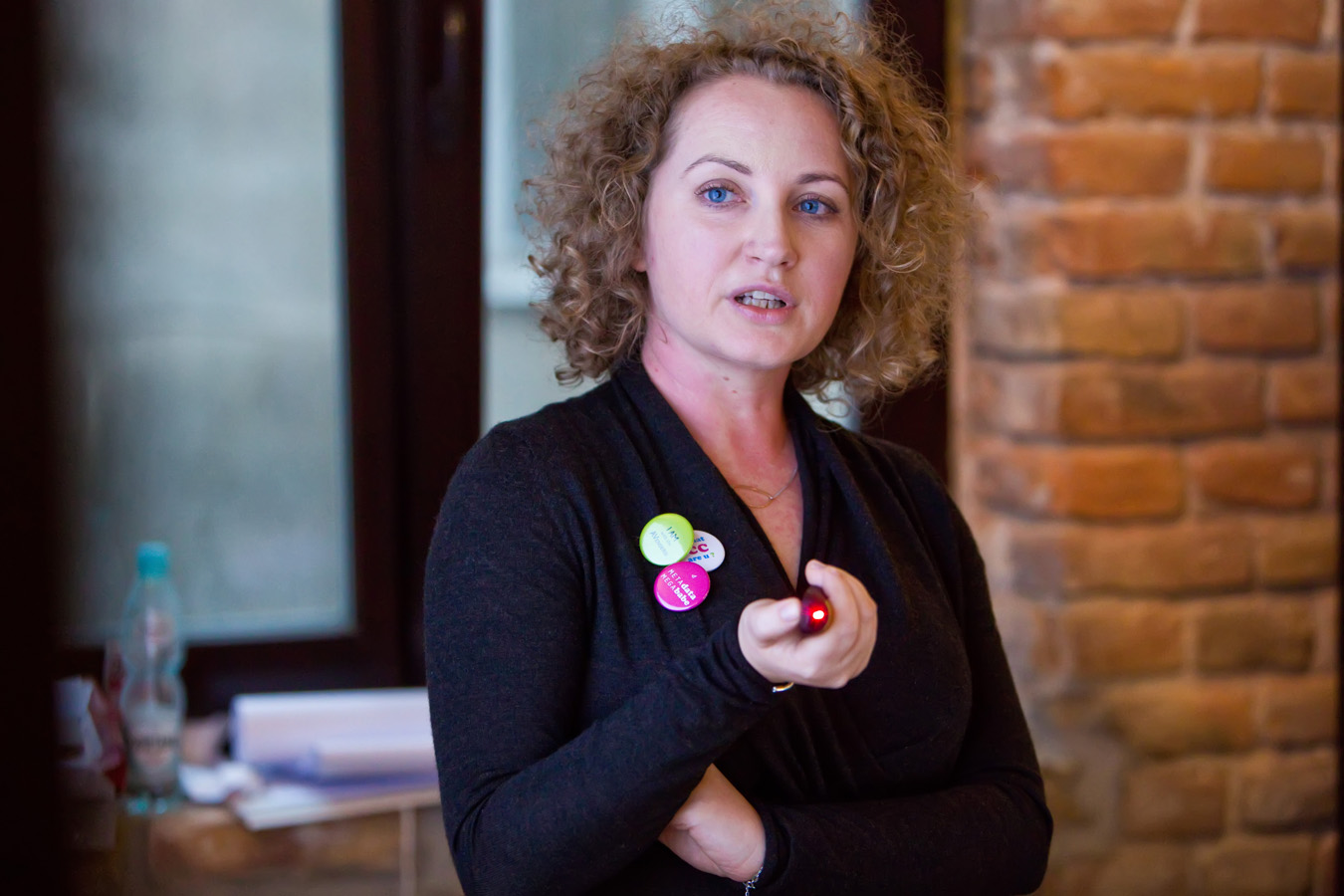Highlights from the TuEuropeana project workshops: Europeana for Education

This first blog post from a series dedicated to workshops led by TuEuropeana focuses on education professionals.
The TuEuropeana project recently led a series of workshops in Poland, inviting potential Europeana users to exchange about their experiences. Created by the Polish Europeana Network, a local working group initiated by The Ministry of Culture and National Heritage in 2014 and coordinated by the National Audiovisual Institute, the project gathers institutions that contribute and aggregate collections to Europeana, and others focusing on related areas. The purpose of these sessions, aimed at different groups and their specific audiences, was to enhance the communication between contributing institutions, Europeana and its users.
In Lublin, our first workshop series reached out to teachers, educators, and educational practitioners from various institutions gathered in two unique locations: The Grodzka Gate - NN Theatre Centre and The House of Words, the local museum of typography. Our main purpose was to make Europeana more accessible for education professionals, to raise their awareness about digital collections, and to inspire them with different educational tools.

Anna Misiewicz is a legal specialist in copyright law and intellectual property who held one of the workshops lectures and answered to all participants questions. Photo. Kamil Stępień, CC BY-SA
To do so, we encouraged them to use and mix Europeana’s collections alongside other available digital collections, to demonstrate how teaching materials can be enriched with archival resources. Each participant created their own prototype of an educational tool or seminar scenarios following different paths of inspirations, such as digital storytelling, history in photography, interactive walk or digital academic collections. Playing with the Europeana portal and its content, participants made their own curator choices, and thought of possible improvements for their work and the platform functionalities. The group also discussed how to practically handle Europeana’s search engine and make collections retrieval more effective (i.e. trying various keywords, using different languages, browsing thematic collections or playing with filters!). A discussion on copyright preceded all the efforts, explaining how it applies to Europeana’s collections, and for education.

Agata Krawczyk - Ministry’s of Culture and National Heritage Europeana working group coordinator. Photo. Kamil Stępień, CC BY-SA
The workshop confirmed a strong interest from educators to integrate digital content to their teaching materials. However, we still need to provide them with more explanation and training. Following on from this first workshop, we decided, with further support from the Ministry of Culture and National Heritage, to implement in the near future a series of educational events focused on reuse of online collections for education.

